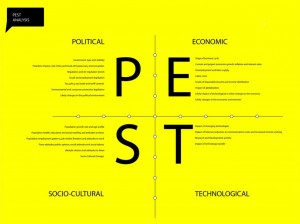– respond to ‘If the United Nations was fully funded why would we need the Arc or social enterprise?’
Poverty in developing countries was once dealt with fund raising done by United Nations, but due to the emergence of more poverty and the inefficiency of funds, this method is no longer useful. What really helps is a group of organizations called ‘social enterprises’, which aim at creating opportunities for hopeless people, and thus solve global problems, whereas generating profits (money) is not the ultimate goal. The Arc Initiative, which can be considered as a social enterprise, is consist of a group of people, who ‘seeks to build a bridge that facilitates a genuine two-way exchange of knowledge and business skills’. Until now, the Arc Initiative has successfully helped a lot of small businesses that were faced with challenges.
Social enterprises, such as the Arc, are more effective in helping small businesses than fund does. This is because when the United Nations offer small businesses with funds, it only helps them in the short run, because they don’t really know how to manage and then generate more money from the funds they are given. However, things are different when it comes to the Arc. What the Arc does is actually teaching small-business entrepreneurs useful business skills, so that they can make good use of the funds. In this way, they can succeed not only in the short run, but in the long run instead.













